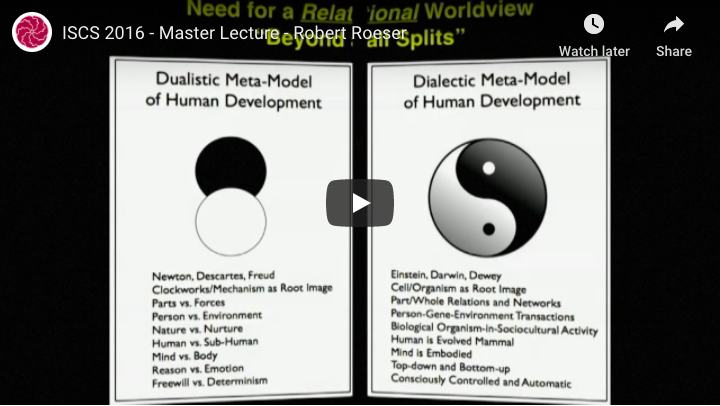The implementation of mindfulness-based training programs for school administrators and school leaders, classroom teachers and staff, and Pre-K to grade 12 students has grown rapidly during the past decade and a half. This lecture will present a brief history of the work in education, a summary of the state of the science, and thoughts about how such programs interface with issues in school reform (e.g., racial equity, achievement, teacher health and safety). Questions addressed will include: What do we know about the feasibility and efficacy of various mindfulness programs, for adults and students, in education? What are some of the promises and pitfalls surrounding this work? Can mindfulness training help educators address current educational reform priorities? How can a developmental systems perspective, with a focus on implementation quality, guide the work in Contemplative Education going forward? Discussion of these issues will be illustrated with data and practical lessons learned from an eight-year long program of research on bringing mindfulness training to teachers, principals and administrators, and elementary school students. Final discussion will highlight the importance of collaborative design teams of scientists, educators and contemplative practitioners, working together over multi-years, for the success and sustainability of mindfulness projects in the schools.

Robert Roeser, PhD, MSW
Pennsylvania State University
Convening Faculty, Planning Committee Member, Research and Programs Council Member, Reviewer
Robert W. Roeser is the Bennett Pierce Professor of Caring and Compassion in the Department of Human Development and Family Studies, College of Health and Human Development, at Penn State … MORE


